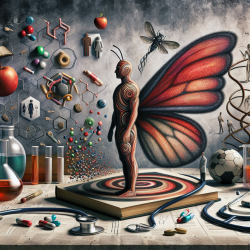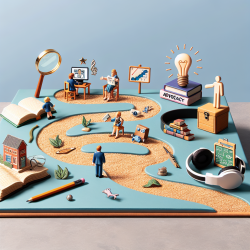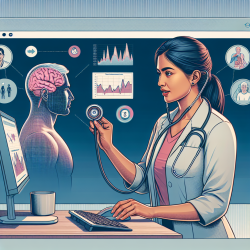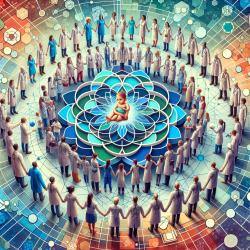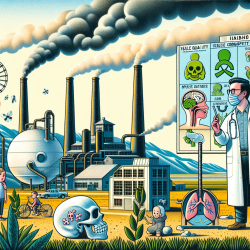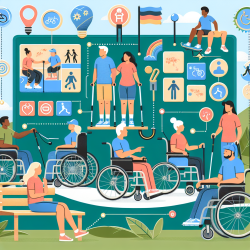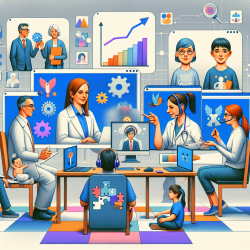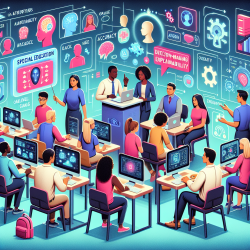The Unexpected Power of Literature in Medical Education
In the realm of medical education, where data and empirical evidence reign supreme, the introduction of literature as a pedagogical tool might seem unconventional. However, the research article titled "What Matters Most? The Power of Kafka’s Metamorphosis to Advance Understandings of HIV Stigma and Inform Empathy in Medical Health Education" offers a compelling argument for the integration of literary texts into medical curricula.
Understanding HIV Stigma Through Kafka's Lens
Franz Kafka's "Metamorphosis" is not just a story about a man turning into an insect; it is a profound exploration of stigma, alienation, and the social processes that dehumanize individuals. These themes resonate deeply with the experiences of people living with HIV, who often face societal rejection and internalized stigma.
The narrative of Gregor Samsa, who transforms into a beetle and subsequently experiences the loss of his social identity and familial bonds, mirrors the journey of many HIV patients. Kafka's novella provides a unique lens through which medical students can explore the intersubjective nature of stigma—how it is constructed and perpetuated within social interactions and power dynamics.
Empathy as a Tool to Combat Stigma
Empathy is crucial in reducing stigma and improving patient outcomes. The research highlights that empathy training, when combined with literary analysis, can enhance medical students' ability to understand and relate to patients' experiences. By engaging with Gregor's story, students can develop a deeper appreciation for the emotional and psychological impacts of stigma.
Moreover, Kafka's work challenges students to reflect on their moral and ethical responsibilities as future healthcare providers. It encourages them to consider alternative realities where empathy and understanding replace fear and prejudice.
Implementing Literature in Medical Curricula
While literature alone cannot dismantle structural stigma, it can be a powerful component of a comprehensive educational strategy. Integrating "Metamorphosis" into medical training can provide students with a nuanced understanding of the social determinants of health and the complex mechanisms of stigma.
By pairing literary analysis with participatory training and institutional support, medical educators can foster an environment where empathy and compassion are central to healthcare practice. This approach aligns with recommendations to integrate humanities and arts with STEMM (Science, Technology, Engineering, Math, and Medicine) education, promoting a holistic understanding of health and well-being.
Conclusion: A Call to Action
As healthcare professionals, the ability to empathize with patients and understand the social contexts of their lives is paramount. Kafka's "Metamorphosis" offers a transformative opportunity for medical education to cultivate these essential skills. By embracing literature as a tool for empathy, we can work towards a more just and equitable healthcare system.
To read the original research paper, please follow this link: What Matters Most? The Power of Kafka’s Metamorphosis to Advance Understandings of HIV Stigma and Inform Empathy in Medical Health Education.
